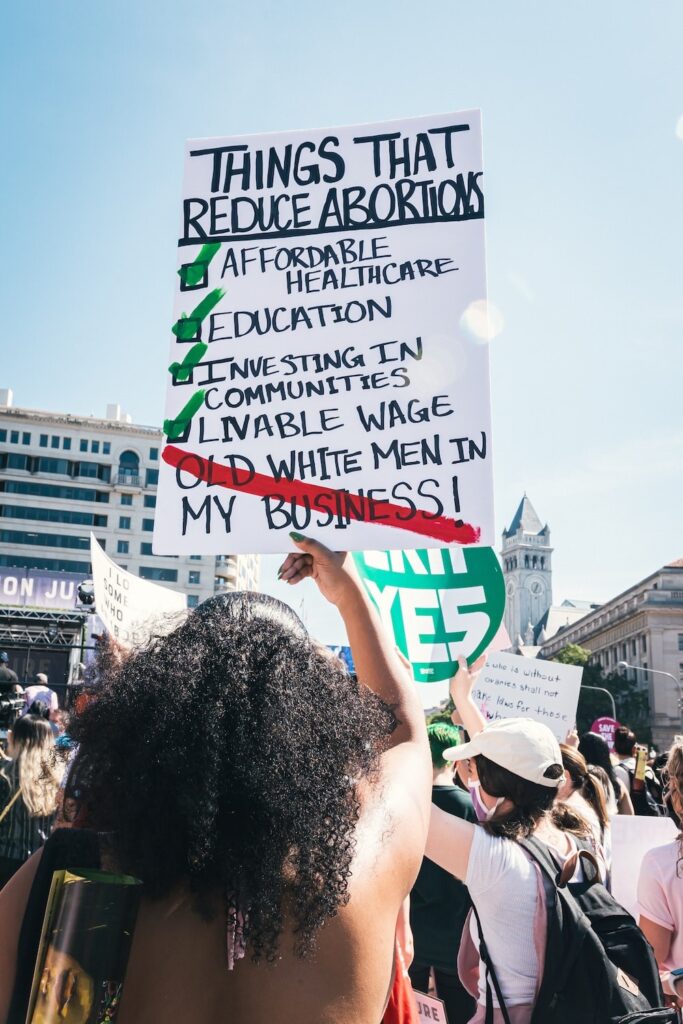
The Controversy Surrounding Birthright Citizenship in the United States
Birthright citizenship has long been a contentious issue in the United States, and it has recently resurfaced in the political landscape. Former President Donald Trump has expressed his intention to eliminate birthright citizenship for children born to undocumented immigrants. This move has sparked debates and legal discussions about the interpretation of the 14th Amendment of the U.S. Constitution. In this article, we will delve into the history, legal perspectives, and potential implications of such a change.
1. The Origins of Birthright Citizenship
The concept of birthright citizenship stems from the 14th Amendment, which was ratified in 1868. This amendment aimed to grant citizenship to all individuals “born or naturalized in the United States.” It was a crucial step towards ensuring equal rights for former slaves and overturning the infamous Dred Scott decision.
2. The Interpretation of the 14th Amendment
The concept of birthright citizenship stems from the 14th Amendment, which was ratified in 1868. This amendment aimed to grant citizenship to all individuals “born or naturalized in the United States.” It was a crucial step towards ensuring equal rights for former slaves and overturning the infamous Dred Scott decision.
3. Trump's Proposed Executive Order
Former President Trump vowed to end birthright citizenship through an executive order during his presidency. He argued that he had the authority to amend the 14th Amendment without Congressional consent. However, legal scholars and experts have expressed doubts about the constitutionality of such a move. They argue that birthright citizenship is firmly established by Supreme Court jurisprudence and requires a constitutional amendment to change.
4. Legal Perspectives on Birthright Citizenship
The legal perspectives on birthright citizenship vary. Supporters of birthright citizenship argue that the 14th Amendment’s language is clear and should be interpreted broadly. They believe that children born in the United States should automatically be granted citizenship, regardless of their parents’ immigration status. On the other hand, opponents argue that birthright citizenship provides an incentive for undocumented immigrants to come to the U.S. and exploit its benefits. They advocate for a more restrictive interpretation of the 14th Amendment.
5. Historical Attempts to Limit Birthright Citizenship
Trump’s proposal to end birthright citizenship is not the first attempt to challenge its interpretation. Throughout history, there have been legislative efforts to restrict or abolish birthright citizenship. However, these attempts have not been successful in fundamentally altering the constitutional understanding of birthright citizenship.
6. Potential Implications of Ending Birthright Citizenship
Ending birthright citizenship would have significant implications for millions of individuals in the United States. It would create a distinction between those born to citizens or lawful permanent residents and those born to undocumented immigrants. Critics argue that this would create a subclass of individuals without access to the full rights and benefits of citizenship, including voting rights and eligibility for government programs.
7. Constitutional Challenges and Judicial Review
If an executive order were issued to end birthright citizenship, it would undoubtedly face immediate legal challenges. The Supreme Court would likely be called upon to review the constitutionality of such an order. Legal experts predict that the court would uphold the longstanding interpretation of the 14th Amendment, making it unlikely for birthright citizenship to be eliminated without a constitutional amendment.
8. International Perspectives on Birthright Citizenship
The United States is not the only country grappling with the issue of birthright citizenship. Many countries around the world have variations of birthright citizenship, although some impose restrictions or limitations. It is essential to examine the experiences of other nations when considering potential changes to birthright citizenship in the U.S.
9. The Political Divide and Public Opinion
Birthright citizenship has become a highly polarizing issue in the United States. The debate often falls along partisan lines, with conservatives advocating for more restrictive interpretations and liberals defending the current understanding of birthright citizenship. Public opinion on the matter is also divided, reflecting the broader ideological divisions within the country.
10. The Future of Birthright Citizenship
The future of birthright citizenship remains uncertain. While Trump’s proposed executive order did not come to fruition during his presidency, the issue continues to be a topic of debate and contention. Any changes to birthright citizenship would require a constitutional amendment or a significant legal shift in interpretation, both of which present formidable challenges.
In conclusion, birthright citizenship has been a fundamental aspect of American identity and constitutional interpretation for over a century. Trump’s proposal to end birthright citizenship through an executive order reflects a significant departure from established legal precedent. The debate surrounding birthright citizenship raises essential questions about the balance between immigration policy and constitutional rights. Only time will tell how this contentious issue will unfold in the United States.

